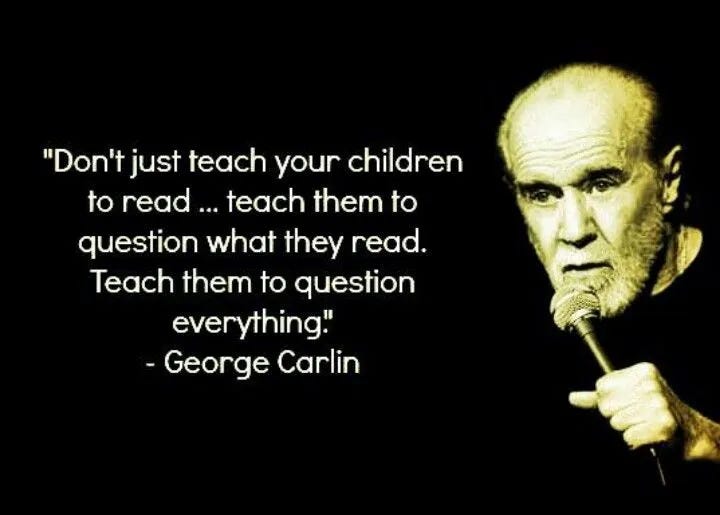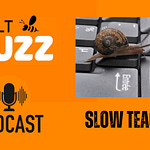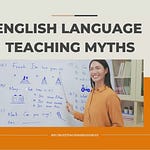Linkedin | Videos | Blog | Printables | ELT News | TpTs | Youtube Channel
Questions in some sense, form the foundation of teaching. And not just through the Socratic method but as a tool to foster, develop language.
We have loads of "question" related resources in our Lesson Library. Activities to help students ask questions, answer questions and think critically about the world. See this free presentation of questions students often ponder. Also, try one of our many discussion generators with many questions, for use, prompting in class.
——————————————————————————————————-
As a child, I was given the gift of asking questions. It was the most precious thing my parents ever gave me.
Yesterday, I was at a cafe. A young girl at the next table asked her mother, “Why is my cookie brown?” The mother replied, “Just is.” It was a lost opportunity. Same when parents shhh, shhh kids and say, “Don’t know” or “Don’t ask things like that” or a thousand other put-offs. This small interaction between mother and child was a minor tragedy and many cuts like this, deaden children and create adults that do not fulfill the potential inherent in them. And those adults add up to societies that are fossilized, intolerant, set in their ways, know-it-alls, xenophobic, tribal.
When I was a kid, my parents never pushed back when I asked questions. It was always, “good question”, “go find out”, “makes you wonder”. I kept asking questions and I’m still asking questions to this very day. The world, my world is always in a state of doubt, of being challenged.
As an educator, it is with great enthusiasm I cheerlead the notion that our curriculums should be based on questioning. Seeking answers to questions. It is how we best learn. Finding the answers to questions we ask ourselves. It is also fundamental to a scientific mindset.
Yesterday, I was reading a thread on Twitter about how science is the absolute decider of truth. Science alone was not opinion. It alone, the scientist alone, holds truth. I kept shaking my head. I kept asking myself why those writing would say such - hadn’t they read their Popper? Why do they take science into the realm of religion - a suitcase of unchallengeable finality, where you can’t ask questions? That isn’t science. Science is a process of challenging the norm, the beliefs we wear.
This gets me to the last part of Euripides’ famous quote. Explain nothing.
Science is about asking questions. Learning. But also, not about explanation. Science is based on questions that can be falsifiable. Answers that are temporary descriptions. If you can’t falsify it, your question isn’t scientific. And further, science does not offer explanations, it just stops for the time being. Science continually challenges and questions its findings. There is no stopping, just a pause and a “for the time being”. Science explains nothing, it describes and hypothesizes - it questions everything.
Every test of a theory, whether resulting in its collaboration or falsification, must stop at some basic statement or other which we decide to accept. If we do not come to any decision, and do not accept some basic statement or other, then the test will have led nowhere… This procedure has no natural end. Thus if the test is to lead us anywhere, nothing remains but to stop at some point or other and say that we are satisfied, for the time being. (1959, p. 86), Karl Popper, The Propensity Interpretation of Probability.
To put it another way, a practical way, let’s look at a practical example - “Are all polar bears white?” Over years and years, we have collected data and indeed, all polar bears are white. So, is the question explained?
No. Even if we observe a million more white polar bears, the explanation is not any stronger. What is stronger is the observation of one non-white polar bear. Falsification is science. What makes science unique is not its observations, evidence and conclusions but that its claims are open to empirical falsification.
And this all comes back to the power of questions. The way the mind churns the earth of reality. Questions challenge the status quo and are the bedrock of science. It’s plow for the earth of reason.
It’s the reason why I’m so upset by the wholesale, complete censorship of the web, social media, and mainstream media. Questioning relies on debate, conversation, argument, free thought. Censor and you stop the questions. Like the mother, her child in the cafe. It is unscientific. That’s the rub. In the “name” of science, the powers that be, the rich barons that own media, say - shut down debate and questioning. I profess it is being done in the “name of religion” - the religion of scientism. Science being seen as a holder of truth, not a manner of questioning truth.
So, mamas, don’t let your babies grow up to be unquestioning. So teachers don't let your students leave your classroom unquestioning ...
I’ll end my somewhat discursive thoughts about the importance of questioning with an example of a questioning mind in action - that of Marvin Minsky. A man full of questions, a kid at heart, a mind engaged with the world through questions. He represents a science that is at heart, the continual, eternal asking of questions about the world we live in. The scientific dictum - Nothing is settled.
· We still remain prone to doctrines, philosophies, faiths, and beliefs that spread through the populations of entire civilizations. It is hard to imagine any foolproof ways to protect ourselves from such infections. ...the best we can do is to try to educate our children to learn more skills of critical thinking and methods of scientific verification. – Marvin Minsky.














